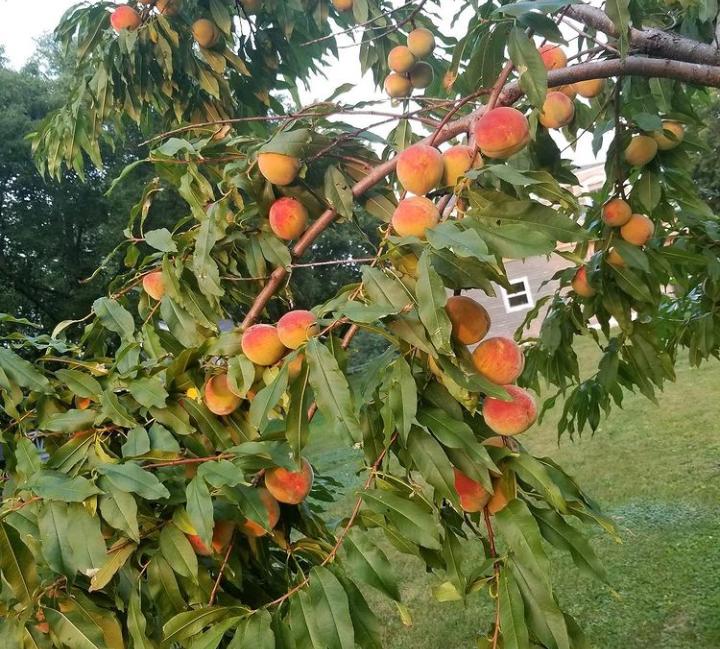Observation
Like the natural sciences, the importance of observation in the social sciences also cannot be underestimated. The observation method is being used by the social scientist for the study of class, community, gender, institutions. As modern instruments are being used in social research, the observation method is being given an equally important place. Several methods have been discovered by which inspection is becoming more reliable.
‘Observation’, which means to observe. According to the English dictionary, “To see the events in their exact form and observe them in order to know the causal relationship or mutual relationship, is called observation. Observation is such a method of collecting facts related to social reality”. In which the use of eyes instead of ears and sound is involved. Under this, the way in which the events happen, it has to be seen, inspected, tested and written in the same way. Observation of outgoing behavior and observation of worker-owner relationship etc. etc. Some important definitions are given below.
“In the words of C.A. Moser, “observation in a concrete sense means more use of the eyes than the ears and speech.” “
P . v . According to Young, “observation is used as a method of deliberate study by the eye in order to study collective behavior and complex social institutions as well as the individual units that make up the whole.”
William J. Gade and Paul’s heart william J. Goode and Paul K. Hatt) wrote, “Science begins with observation and it has to return to observation at the end to test its limiting authenticity.” Observation is considered a fundamental method in all sciences. No scientist accepts any event or condition as long as it is itself. Do not experience it from your own point of view.
In the words of P.V. Young (P. V. Young), “observation is a systematic and well-thought-out study of natural phenomena through the eyes at the time of their occurrence.” It is clear from this definition – (1) Observation is a systematic and well-thought-out method. . (2) The use of eyes is the main thing in this. (3) In this, social events are observed in their natural form. In this form it is considered a scientific method.
According to C.A. Moser (C. A. Moser), “In a concrete sense, observation uses the eyes rather than the ears and speech.” Trying to understand the events by seeing themselves.
In the Oxford Concise Dictionary, it is written, “The observation is the exact observation and description of events, causality or in the form in which they appear in relation to interpersonal relationships.” “
It is clear from this (1) that in the observation, the accurate observation and description goes chariot. (2) In this, the study of behavior takes place in natural situations. (3) In this, an attempt is made to know the cause-effect relationship.
According to J. Galtung (J. Galtung), “Observation is the drafting of all kinds of perceptible subject-matter.” From this it is clear that in the process of observation all the senses of the researcher are activated. Under this, the researcher writes the event by observing himself directly.
A. Wolf says, “observation is the act of perceiving objects and events. Their characteristics and their tangible relationships, and the direct consciousness of our mental experiences in relation to them.” This definition makes it clear. Through observation, not only events are seen, but efforts are also made to know its characteristics and interrelationships. On the basis of the above description, it can be said that observation is a method in which the primary facts are collected thoughtfully through the eyes.
According to Salidge, Jahoda, Deutsch and Cooke, normal viewing takes the form of observation as a scientific method when the following characteristics are added to it:
(1) When the observation has a specific objective.
(2) When the observation is made in a planned and systematic manner.
(3) When necessary controls and restrictions have been imposed on the authenticity and reliability of observation.
(4) When the conclusions of the observation are written in sequence and their correlation with the general hypothesis has been established.
P . v . Young has mentioned the following characteristics of scientific observation.
(1) definite purpose,
(2) the arrangement of planning and documentation,
(3) Useful for scientific testing and control.
Characteristics of observation
In observation, it is especially necessary to see an event happening with one’s own eyes in a systematic and well-thought-out form. It has the following main features
Impartiality: The observer observes the event with his own eyes and does not examine it thoroughly. His decision is not based on the judgment or hearing of others. own soo
